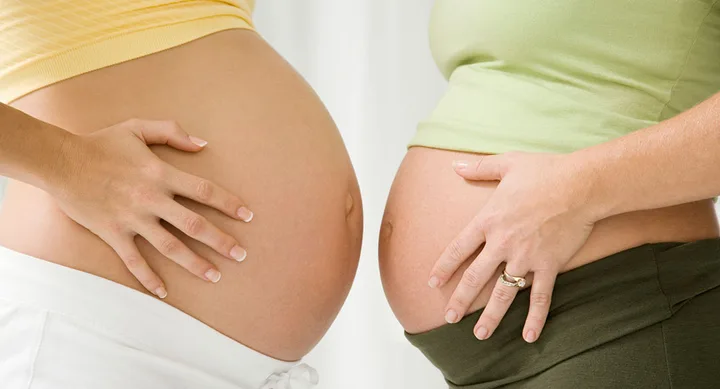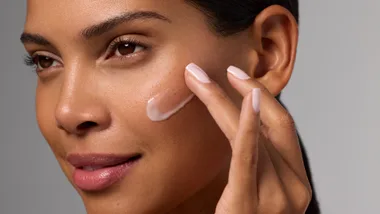In 2010 Anthea Nichols became Australia’s oldest woman to give birth after falling pregnant naturally at the age of 50.
Anthea met her husband Peter later in life and the couple never planned to become parents. Thinking that ship had sailed, they were told their chances of conceiving were two million to one and so contraception was not high on their agenda.
You can imagine the couple’s surprise when they found out they were expecting.
“As soon as I found out I cried,” she told news.com.au.
RELATED: Tasmanian Woman Becomes Australia’s Oldest Mother At 63
“We were advised by both our GP and our obstetrician to terminate the pregnancy. We had to give it some serious consideration, but Pete was stronger than I was and felt really blessed,” she said.
Their son Nick is now a happy and healthy five-year-old.
Last month, a Tasmanian woman aged 63 became the oldest woman to give birth after she welcomed a daughter through IVF with her partner, aged 78.
At the time it was reported that the couple had undergone multiple rounds of IVF and finally conceived through donor embryo.
The case sparked much debate, with many labeling the couple as “irresponsible”.
“I think getting people of that age pregnant is irresponsible,” Monash University professor Gab Kovacs told the Herald Sun in August.
RELATED: The Most Expensive Countries In The World To Give Birth
“That child will need looking after for 20 years, and there’s a possibility she won’t be able to do that.
“Our bodies weren’t designed to have children in our 60s. I don’t think any responsible IVF unit in Australia would treat someone of that age, and it’s not a standard of medicine I would condone”.
SBS’s Insight explored the issue this week with a look at the science involved in reproduction as well as a human’s right to procreate.
While men will continue to produce sperm until they die, woman are born with all their eggs, and this number rapidly deteriorates over time, eventually disappearing completely.
While scientific advances have made it possible for women to extend this window, but at what cost.
“Once they’ve actually gotten pregnant, the risks are that we’re putting the pregnancy on top of an older heart, an older set of lungs, an older set of kidneys and pregnancy does put a strain on all the body’s organs,” Dr Gino Pecoraro, a gynaecologist and obstetrics spokesperson for the Australian Medical Association (AMA) tells Insight.
“Biology is cruel, not politically correct and doesn’t care about the women’s movement or your career,” Dr Pecoraro says. “It does get harder as you get older.”
The current median age for Australian mother’s according to the Australian Bureau of Stastics is 30.8, but this is rising. The number of new mothers aged between 45 and 49 doubled from 2004 to 2014.
Insight reports that South Australia is the only state to currently have legislated IVF cut-off age limits at 52.
Click here to wath the full episode.










